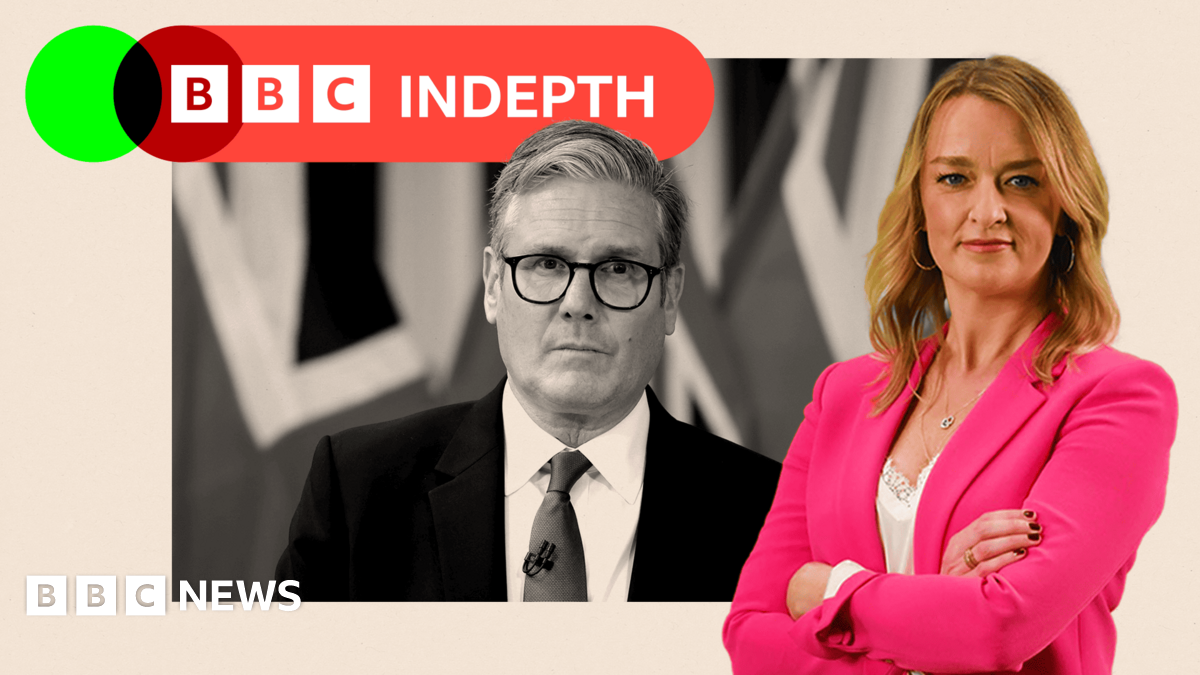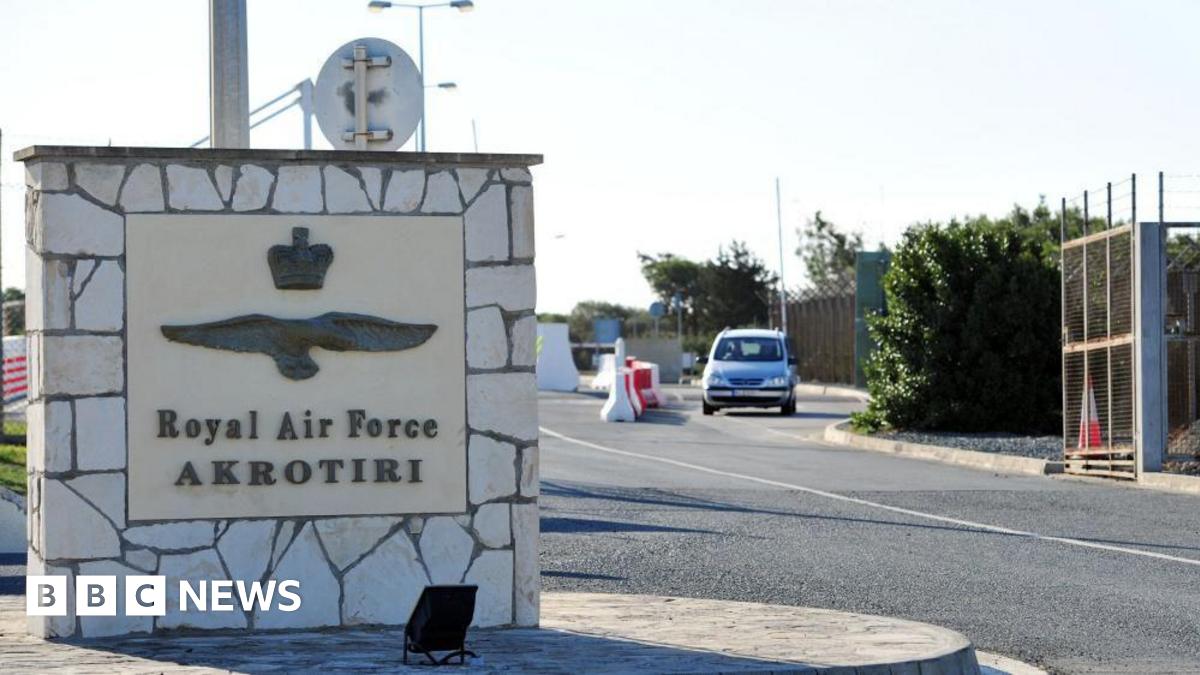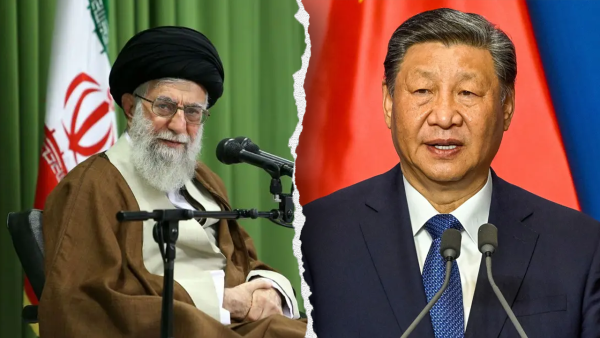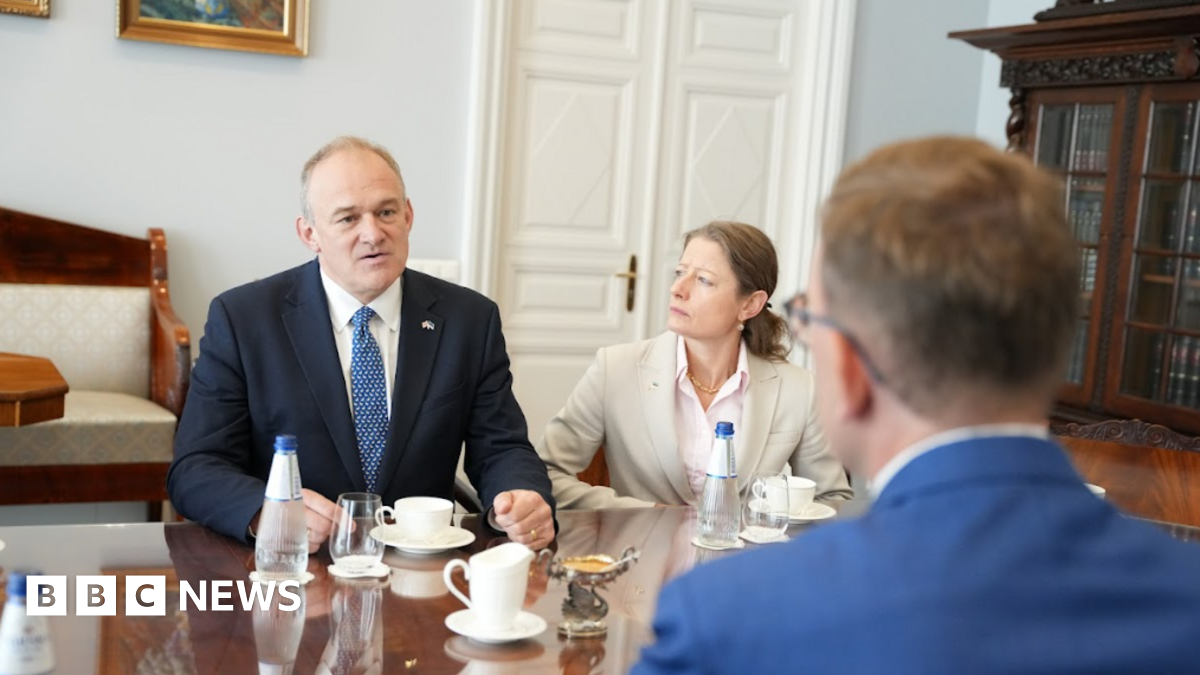Britain's Stance On Iran: Examining The Past To Understand The Present

Welcome to your ultimate source for breaking news, trending updates, and in-depth stories from around the world. Whether it's politics, technology, entertainment, sports, or lifestyle, we bring you real-time updates that keep you informed and ahead of the curve.
Our team works tirelessly to ensure you never miss a moment. From the latest developments in global events to the most talked-about topics on social media, our news platform is designed to deliver accurate and timely information, all in one place.
Stay in the know and join thousands of readers who trust us for reliable, up-to-date content. Explore our expertly curated articles and dive deeper into the stories that matter to you. Visit Best Website now and be part of the conversation. Don't miss out on the headlines that shape our world!
Table of Contents
Britain's Stance on Iran: Examining the Past to Understand the Present
Britain's relationship with Iran is a complex tapestry woven from threads of historical alliances, bitter rivalries, and fluctuating geopolitical interests. Understanding the present requires a deep dive into the past, revealing a history marked by both cooperation and conflict that continues to shape the modern dynamic.
A History of Entanglement:
The relationship between Britain and Persia (now Iran) dates back centuries, rooted in trade and imperial ambitions. During the 19th century, Britain and Russia engaged in a "Great Game" of influence over Persia, carving out spheres of influence and vying for control of its vast resources. This period laid the groundwork for future tensions and mistrust. The discovery of oil in the early 20th century further intensified the strategic importance of Iran, solidifying its place on the global stage and exacerbating geopolitical competition.
The 1953 Coup and its Lingering Shadow:
The 1953 Iranian coup d'état, orchestrated by the UK and the US to overthrow the democratically elected Prime Minister Mohammad Mosaddegh, remains a highly controversial event. This action, aimed at protecting British oil interests, deeply impacted Iranian perceptions of Western powers and fueled anti-Western sentiment for decades. The legacy of this intervention continues to cast a long shadow over the bilateral relationship, contributing to a deep-seated distrust that persists to this day. Many historians argue that this event fundamentally altered the trajectory of Iranian politics and contributed significantly to the rise of more hardline factions.
Post-Revolution Tensions and the Nuclear Issue:
The 1979 Iranian Revolution brought the Islamic Republic to power, ushering in a period of heightened tension between Britain and Iran. The hostage crisis at the US embassy in Tehran, though not directly involving Britain, significantly impacted international perceptions of Iran and further strained relations with the West. More recently, the Iranian nuclear program has been a major point of contention. Britain, as a member of the P5+1 (now the E3+3) negotiating group, has played a significant role in international efforts to curb Iran's nuclear ambitions, participating in the 2015 Iran nuclear deal (JCPOA). The subsequent withdrawal of the US from the JCPOA in 2018 and the resulting escalation of tensions have placed Britain in a difficult position, attempting to balance its commitment to the agreement with the need to address security concerns.
Current Challenges and Future Prospects:
Today, Britain faces a multitude of challenges in its relationship with Iran. These include concerns about Iran's regional influence, its support for proxy groups, and its ballistic missile program. Despite these challenges, there are some signs of cautious engagement. Dialogue remains crucial for managing these complex issues and preventing further escalation. However, significant obstacles remain, demanding diplomatic skill and a nuanced understanding of the historical context.
Understanding the Nuances:
The UK's stance on Iran is not simply a matter of black and white. It's a dynamic relationship influenced by a complex interplay of historical baggage, economic interests, and security concerns. Successfully navigating this relationship requires a deep understanding of these factors and a commitment to diplomatic solutions.
Keywords: Britain, Iran, UK, Iran relations, 1953 Iranian coup, Mohammad Mosaddegh, Iranian Revolution, nuclear deal, JCPOA, Middle East, geopolitics, international relations, diplomacy.
Call to Action: What are your thoughts on the future of UK-Iran relations? Share your perspectives in the comments below.

Thank you for visiting our website, your trusted source for the latest updates and in-depth coverage on Britain's Stance On Iran: Examining The Past To Understand The Present. We're committed to keeping you informed with timely and accurate information to meet your curiosity and needs.
If you have any questions, suggestions, or feedback, we'd love to hear from you. Your insights are valuable to us and help us improve to serve you better. Feel free to reach out through our contact page.
Don't forget to bookmark our website and check back regularly for the latest headlines and trending topics. See you next time, and thank you for being part of our growing community!
Featured Posts
-
 Sean Diddy Combs Faces Former Assistants Testimony In High Profile Case
Jun 23, 2025
Sean Diddy Combs Faces Former Assistants Testimony In High Profile Case
Jun 23, 2025 -
 British National Detained In Cyprus On Suspected Spying And Terror Offences
Jun 23, 2025
British National Detained In Cyprus On Suspected Spying And Terror Offences
Jun 23, 2025 -
 Nembhards Clutch Three Indiana Pacers Highlight
Jun 23, 2025
Nembhards Clutch Three Indiana Pacers Highlight
Jun 23, 2025 -
 Entens Analysis How The Nyc Mayoral Race Mirrors National Democratic Politics
Jun 23, 2025
Entens Analysis How The Nyc Mayoral Race Mirrors National Democratic Politics
Jun 23, 2025 -
 Iran Conflict The Stakes For China Retaliation Or Calculated Intervention
Jun 23, 2025
Iran Conflict The Stakes For China Retaliation Or Calculated Intervention
Jun 23, 2025
Latest Posts
-
 Ten Thousand Pound Incentive Plan For Army Recruitment Unveiled
Jun 23, 2025
Ten Thousand Pound Incentive Plan For Army Recruitment Unveiled
Jun 23, 2025 -
 Russian Ruble Under Pressure Governments Response To Economic Headwinds
Jun 23, 2025
Russian Ruble Under Pressure Governments Response To Economic Headwinds
Jun 23, 2025 -
 From Monica Lewinsky To The Menendez Brothers Barbara Walters Legacy Of Interviews
Jun 23, 2025
From Monica Lewinsky To The Menendez Brothers Barbara Walters Legacy Of Interviews
Jun 23, 2025 -
 Pacers Vs Opponent Nembhards Key Three Point Basket
Jun 23, 2025
Pacers Vs Opponent Nembhards Key Three Point Basket
Jun 23, 2025 -
 Pat Mc Afees Rise To Success Wwe President Nick Khan Weighs In
Jun 23, 2025
Pat Mc Afees Rise To Success Wwe President Nick Khan Weighs In
Jun 23, 2025
